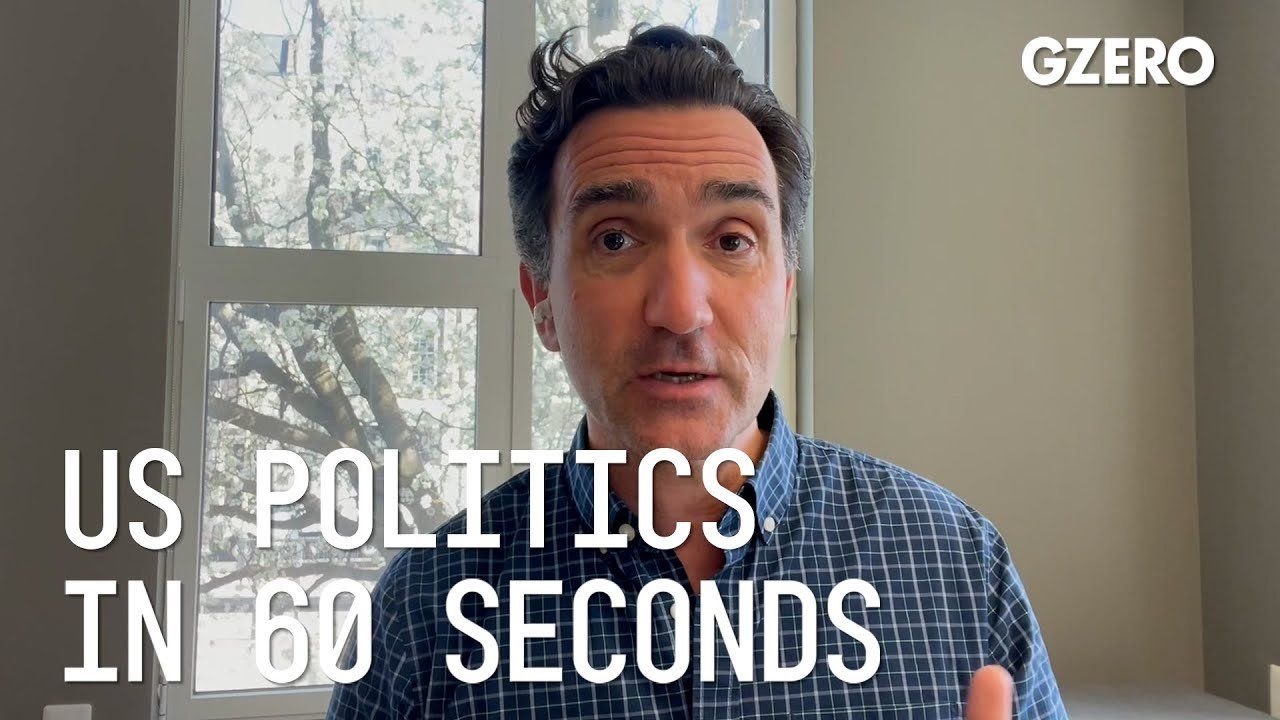
Jon Lieber, head of Eurasia Group's coverage of political and policy developments in Washington, DC shares his perspective on US politics:
How are President Biden's reelection plans affecting his policies?
The 2024 presidential election is already heating up, with the Republican field growing more crowded by the week, and President Joe Biden angling for a reelection campaign, despite speculation about his advanced age. So far, Biden has only drawn one potential primary challenger, 2020 candidate Marianne Williamson, who he can likely ignore. And as of today, it looks very likely that he'll be the Democratic nominee, with an announcement of his campaign coming sometime this spring, perhaps as soon as April. After two years promoting progressive policies like student loan forgiveness and a massive climate and healthcare bill, Biden is now attacking to the center, with pivots to the center in three critical areas: crime, immigration, and spending.
On crime, the President recently announced his support for a Republican effort to block a local District of Columbia Bill, which will mark the first time in over 30 years that Congress overrode a local bill in the capital city. This has angered many of Biden's allies on the left who support independent statehood for DC, but a huge vote in the Senate will demonstrate the fear that Democrats have of being seen as soft on crime.
On immigration, though Biden started off his presidency with the slew of progressive immigration actions that drew praise from Democrats, after two years of rising encounters on the Southern border, and verbal criticism and legal challenges from the Republican Party, the Biden administration is trying to take a more centrist approach to immigration, combining new opportunities for immigration with increased border enforcement, including most controversially reimplementing the practice of detaining asylum seekers, asylum-seeking families, which has led to some outcry from Biden's allies on the left.
Finally, on the budget, Biden is pivoting from arguing that the US needs to be investing in infrastructure and social spending to a plan to control deficits through a combination of tax increases and spending cuts. This effort is mostly designed to make Republican proposals for balancing the budget look unreasonable, but also will allow Biden to stake out centrist territory as a fiscal hawk after spending a lot of money in his first two years.
Policy-wise, 2023 is going to be largely about setting the stage for 2024, as Congress remains gridlocked on most issues and Biden's strong signals that he will be a candidate for President next year, despite his advanced age, will continue to drive his attempts to appeal to the middle, confident that the progressive left will not abandon him because of their acute fear of the one thing that they want least of all; Republican rule.